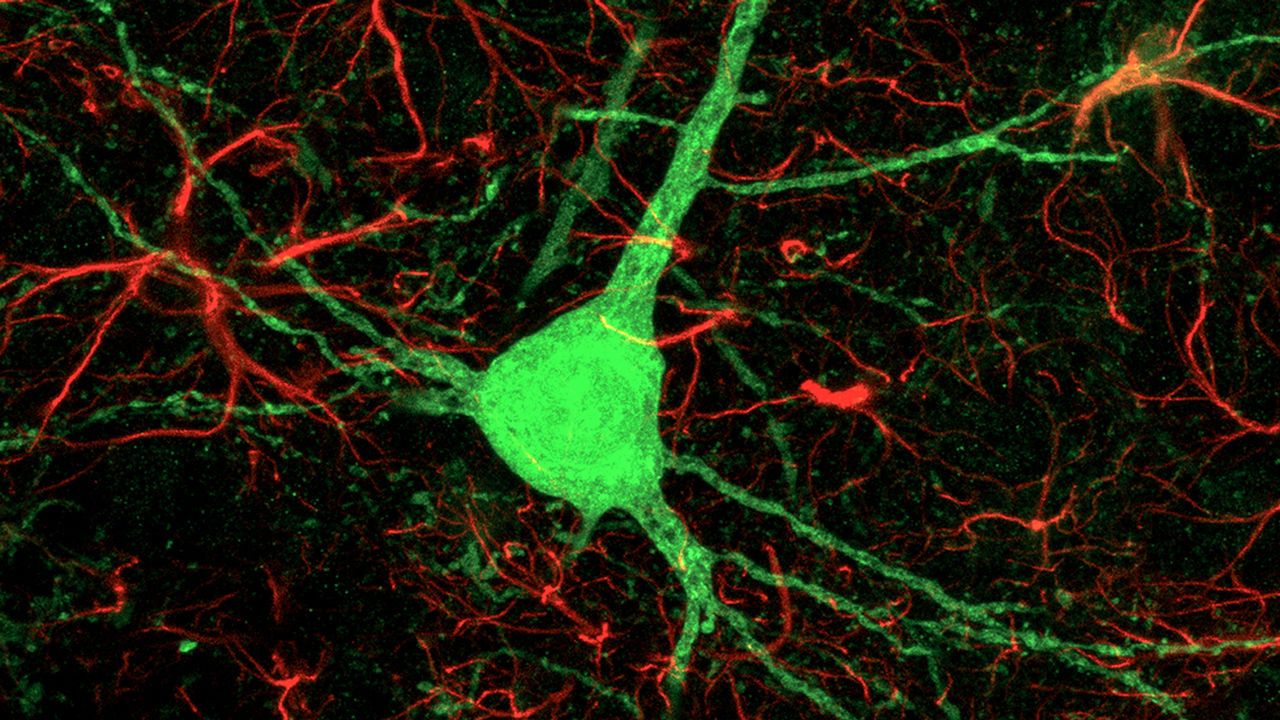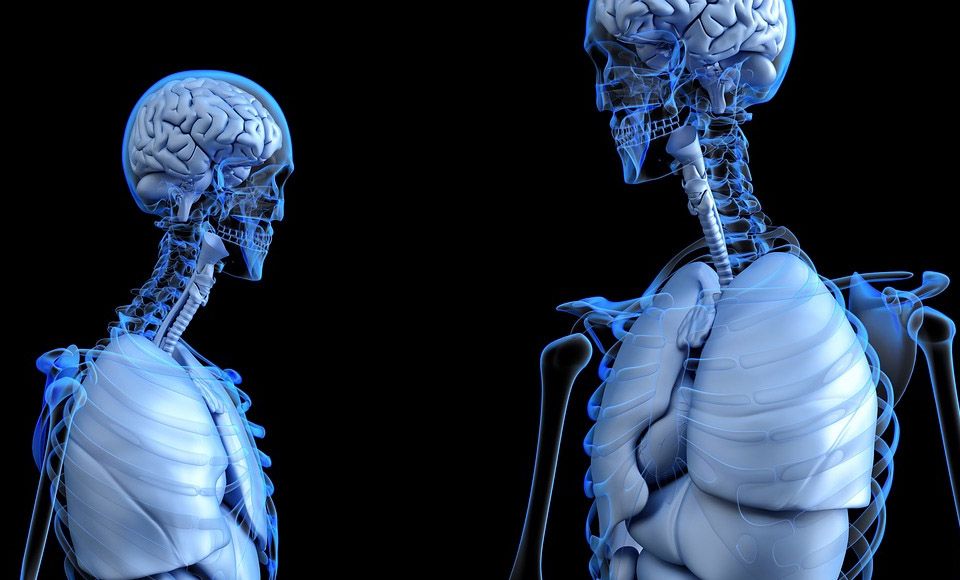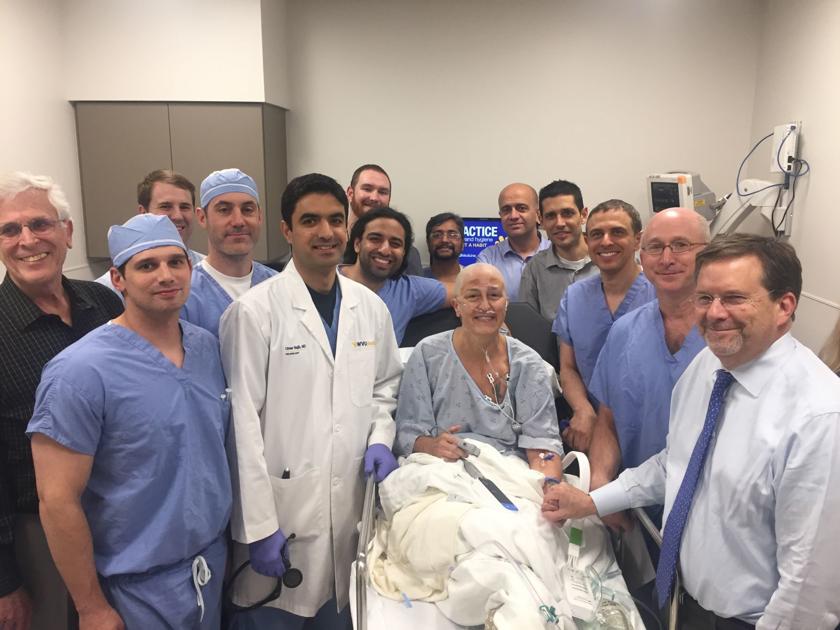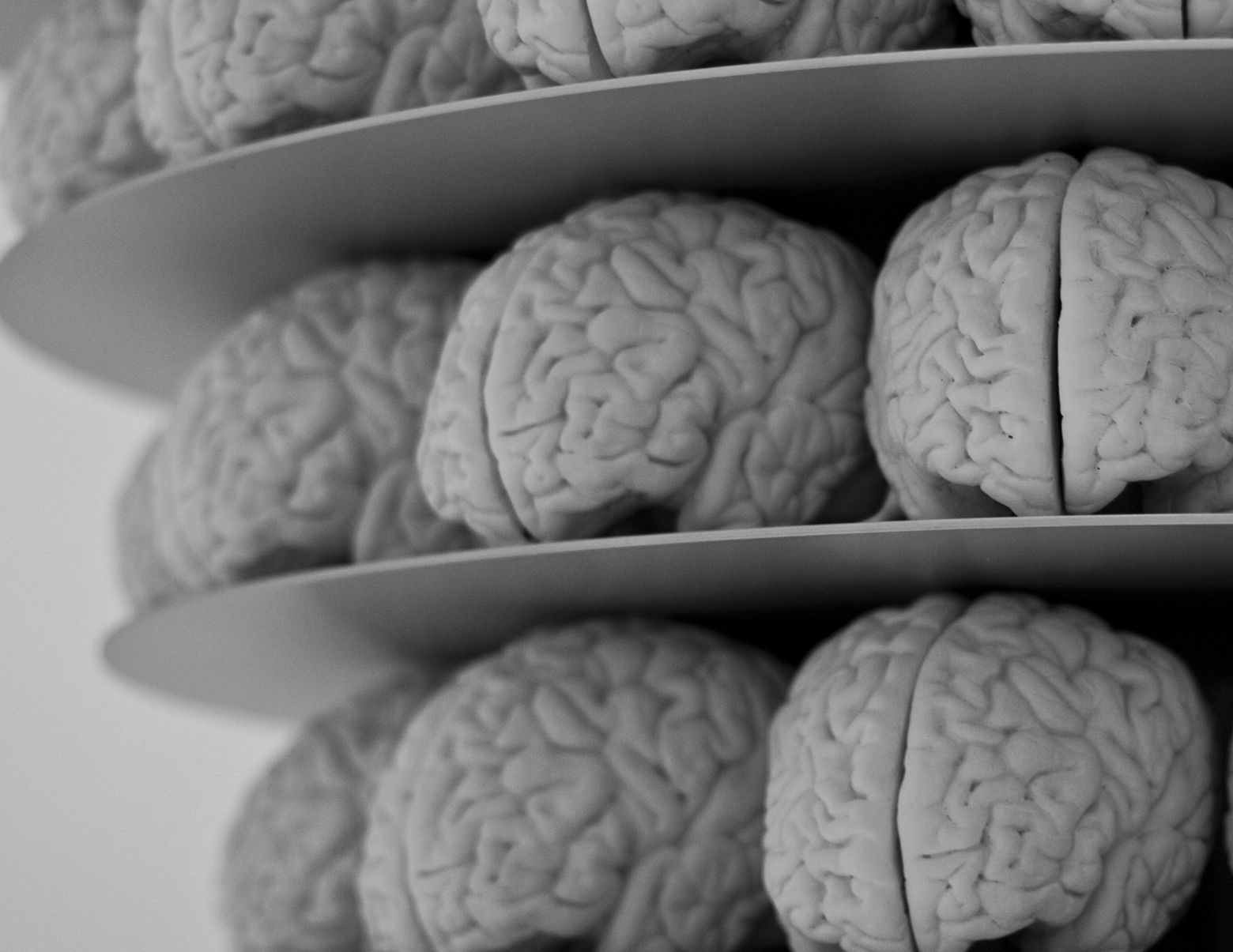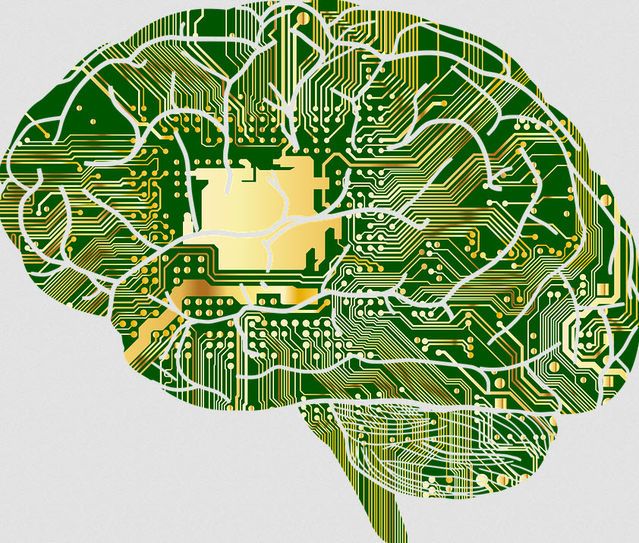Archive for the ‘neuroscience’ category: Page 641
Nov 15, 2018
Smartphones, tablets causing mental health issues in kids as young as two
Posted by Nicholi Avery in categories: health, mobile phones, neuroscience
Open a book kids!
Smartphones and tablets are causing issues for kids as young as two years old.
Nov 15, 2018
Flaws in industry-funded pesticide evaluation
Posted by Xavier Rosseel in categories: food, health, neuroscience
The company-funded animal test was performed to ascertain how neural development is affected by the pesticide chlorpyrifos, which is used on a wide variety of crops around the world, including some 20 EU countries. The test laboratory concluded that there was no such effect, even at high doses.
Academic researchers have examined raw data from a company-funded safety evaluation of the pesticide chlorpyrifos. They discovered an effect on the brain architecture of the exposed laboratory animals at all tested doses, which was not included in the reported conclusions. Karolinska Institutet in Sweden led this independent study, which is published in the scientific journal Environmental Health.
All pesticides must be evaluated in terms of their safety and potential risks for human health before they can officially be approved. Normally the companies that manufacture the products cover the cost of such evaluations and commission test laboratories to perform the necessary animal tests.
Continue reading “Flaws in industry-funded pesticide evaluation” »
Nov 14, 2018
Reprogrammed cells could tackle brain damage
Posted by Genevieve Klien in category: neuroscience
Nov 14, 2018
Male and Female Brain Differences – Must We Keep Doing This?
Posted by Mike Ruban in category: neuroscience
A recent large population study claims to conclusively prove that male and female brains are different. Of course, it does no such thing. As such, Dr Dean Burnett is quite annoyed.
Nov 14, 2018
Historic breakthrough: WVU Rockefeller Neuroscience team first to use ultrasound to treat Alzheimer’s
Posted by Mary Jain in categories: biotech/medical, neuroscience
MORGANTOWN — World-leading brain experts at West Virginia University’s Rockefeller Neuroscience Institute are celebrating the historic breakthrough Alzheimer patients around the global have been waiting for.
“For Alzheimer’s, there’s not that many treatments available despite hundreds of clinical trials over the past two decades and billions of dollars spent,” said Dr. Ali Rezai, a neurosurgeon at WVU who led the team of investigators that successfully performed a phase II trial using focused ultrasound to treat a patient with early stage Alzheimer’s.
The WVU team tested the innovative treatment in collaboration with INSIGHTEC, an Israeli medical technology company. Earlier this year, INSIGHTEC was approved by the U.S. Food and Drug Administration to begin a phase II clinical trial of the procedure and selected the WVU Rockefeller Neuroscience Institute as the first site in the United States for the trial.
Nov 11, 2018
Samsung will soon test TVs that can be controlled with your brain
Posted by Genevieve Klien in categories: electronics, neuroscience
Samsung TVs are already some of the most popular options for high-end home theater systems, and the company is now using its television-making prowess to help people with disabilities live more normal lives. A new project by a Samsung team in Switzerland could yield the first smart TV that can be controlled with thoughts.
As CNET reports, Samsung has partnered with Swiss scientists to bring the system to life. Called ‘Project Pontis,’ the ultimate goal is to build a brain/software interface that will allow individuals with movement disabilities to control television features like channel switching and volume control with their brains rather than their bodies.
Nov 11, 2018
Potent, Cocaine-Like Motivational Drug Unveiled at Neuroscience Conference
Posted by Genevieve Klien in categories: biotech/medical, neuroscience
Motivation is such an intangible aspect of the human spirit that we often forget it has very real, neurochemical origins. We admire it in others and strive for it in ourselves (see: every Nike ad ever made), and now we are getting closer to potentially inducing that motivational feeling with drugs.
John Salamone, Ph.D., a professor at the University of Connecticut with a background in neural and behavioral pharmacology, has been working with the drug company Chronos Therapeutics to develop a drug that can restore motivation in people who have lost it — whether that’s due to the symptoms of depression, struggle with disease, or otherwise. He unveiled his early results on rats this week in a presentation at the Society For Neuroscience’s conference in San Diego, where he tells Inverse his board was bustling with activity:
“Basically we stood there for four hours and were busy the entire time,” says Salamone. The reception was overwhelmingly positive, he adds. “We didn’t have anyone say ‘This is crazy! This will never work!’”.
Continue reading “Potent, Cocaine-Like Motivational Drug Unveiled at Neuroscience Conference” »
Nov 10, 2018
Scientists Now Believe That The Universe Itself Is Conscious
Posted by Mary Jain in categories: cosmology, neuroscience
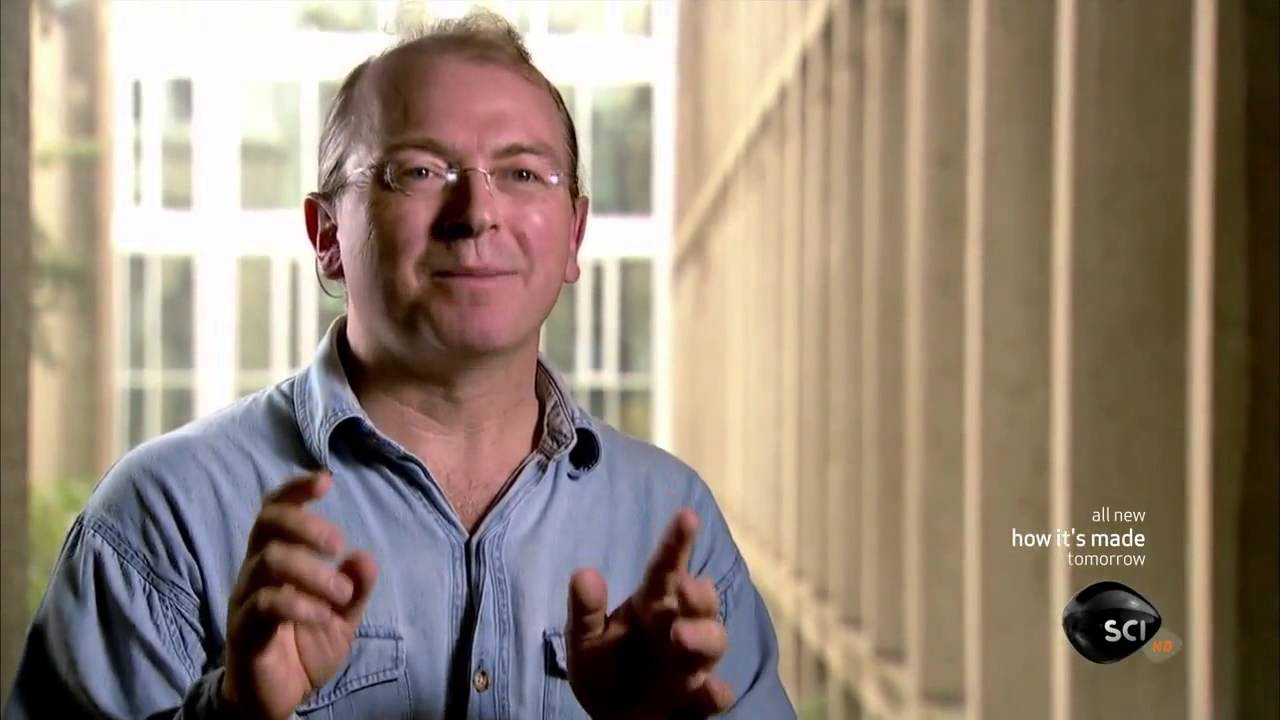
I think aspects of our Universe are conscious. Dark matter or the æther perhaps. Stagnancy is death so change inherently means something is making decisions.
A new scientific concept has recently come to light, which scientists are calling “panpsychism.” Panpsychism says that the universe could be capable of consciousness, which could change everything.
Continue reading “Scientists Now Believe That The Universe Itself Is Conscious” »
Nov 10, 2018
World’s Largest Neuromorphic Supercomputer Activated
Posted by Steve Nichols in categories: neuroscience, supercomputing
SpiNNaker was built under the leadership of Professor Steve Furber at The University of Manchester, a principal designer of two products that earned the Queen’s Award for Technology —the ARM 32-bit RISC microprocessor, and the BBC Microcomputer.
“The ultimate objective for the project has always been a million cores in a single computer for real time brain modelling applications, and we have now achieved it, which is fantastic.” — Professor Steve Furber, The University of Manchester
Inspired by the human brain, the SpiNNaker is capable of sending billions of small amounts of information simultaneously. The SpiNNaker has a staggering 1 million processors that are able to perform over 200 million actions per second.
Continue reading “World’s Largest Neuromorphic Supercomputer Activated” »



